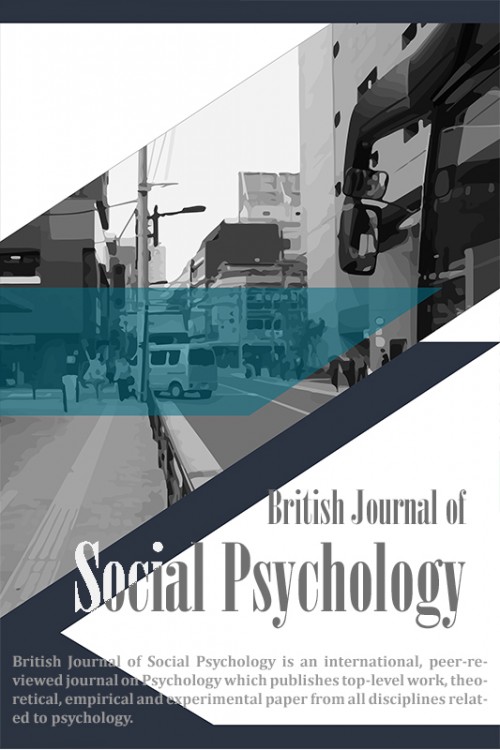
Comparison of Different Systems of Reasoning in Cognitive Psychology
Abstract
Thinking (rumination) involves a wide range of mental activities. In all of the following, we are involved in thinking in a way, solving a classroom problem, immersing in daydreaming before class starts, setting holiday plans, writing a letter, worrying about the relationship problems with another person, or deciding on stuff which should be bought from the grocery store. In all of these cases, thought can be considered as a kind of “language of the mind.” In cognitive psychology, the argumentative analysis is considered as one of the most important examples of thinking. In this article, using qualitative research method, we consider important topics on reasoning, including methods of thinking, types of reasoning, psychological conditions affecting reasoning, types of ways to achieve logical reasoning, reasoning obstacles, mental errors in reasoning, research methods in reasoning and ultimately, methods for improving the reasoning have been addressed and this fundamental question has been answered: what are the psychological characteristics of each of the different systems of reasoning?